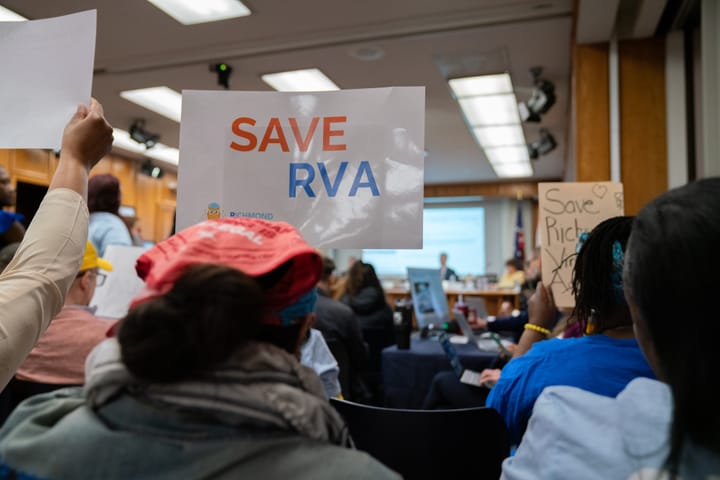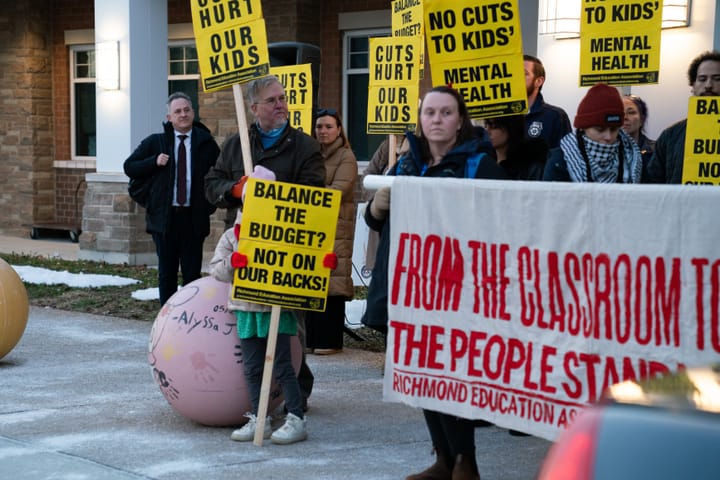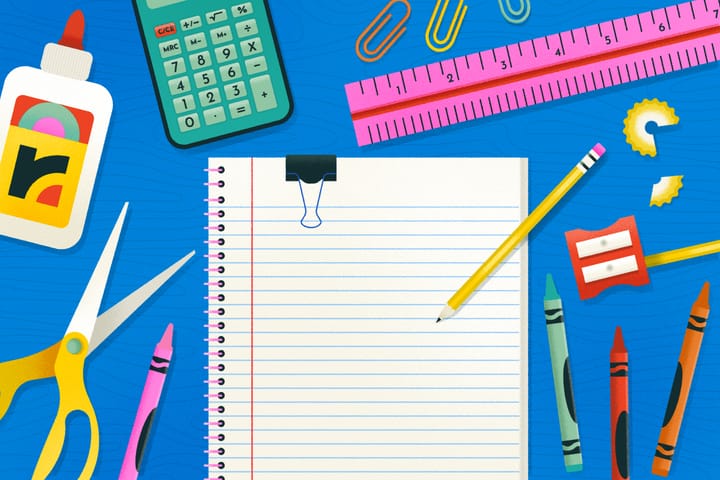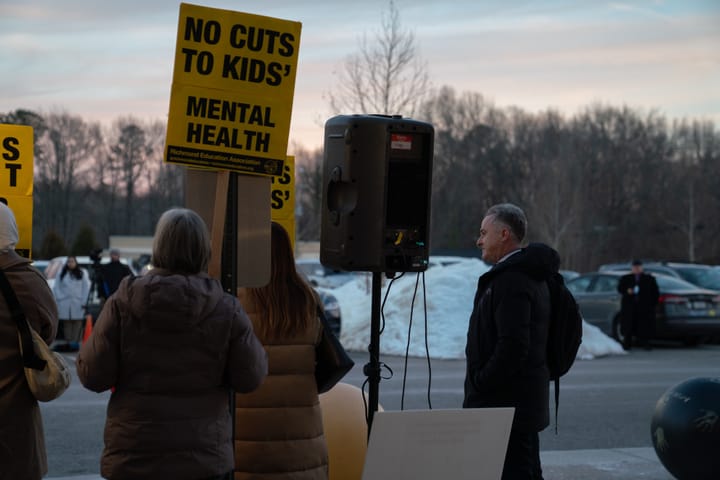
As school board settles in, early self-evaluation calls for more input into budget process
Richmond School Board members reflected recently on their performance since being sworn into office nearly five months ago.
That reflection came through self evaluation forms submitted to the board’s evaluation committee, composed of members of the 2nd, 4th and 7th districts. The committee met in late May to provide a summary of the six responses submitted so far, out of nine total board members. The evaluations were anonymous.
“This is our evaluation of our performance collectively,” said Cheryl Burke (7th District).
The evaluations are required as part of the Richmond Public School’s performance agreement with the State Board of Education, known as the memorandum of understanding (MOU). The board has conducted the self evaluations since 2017, when the MOU began. RPS requested to be removed from the MOU last month.
The evaluation form follows guidelines from the Virginia School Board Association, a nonpartisan organization. It asks members to examine the board’s performance on finance, professional relationships and development, and community engagement among others.
Board requests new budgeting procedures
The committee found that a key area the board needs improvement in is the budget process, particularly in ensuring that the budget aligns with access to quality education for students.
During the early May school board meeting, Ali Faruk (3rd District) recommended additional training on the process after members raised multiple questions and concerns to Superintendent Jason Kamras about potential budget cuts. This follows the city’s $9.6 million increase for RPS, significantly less than what the division requested.
Katie Ricard (2nd District), echoed that sentiment at the committee meeting, saying that it’s important that the school board is “drilling down” on the budget process.
Wesley Hedgepeth (4th District) said he is not surprised with the results of the evaluations given that more than half of the board is new.
“Going in this fall, we'll have a better, smoother time when it comes to iterating our concerns and our priorities with the superintendent,” he said.
The request echoes concerns offered by the two of the newest members of City Council, Sarah Abubaker and Kenya Gibson, who expressed a desire to reform the budgeting process coming out of this year’s session.
Board feels it’s working more functionally
Another major area the responses highlighted for growth in the evaluations was goal-setting – both for the board and the superintendent – and tracking progress on those goals to ensure accountability. Burke noted this was a recurring theme in the responses.
Other areas identified for development included professional training, accommodating cultural differences, and using data effectively in decision-making.
The responses also pointed to what is working well: a shared focus on student success, recognition of the district’s improved performance, meaningful engagement, and the maintenance of professional relationships among board members and with the administration.
Hedgepeth added that he has received feedback from his members in his district who have noticed “a sense of collaboration and respect” among board members.
Burke agreed, saying the board has remained committed, even while addressing collective bargaining and teacher turnover.
“At the end of the day, we see the same goals before us — what we're meeting as well as what we need to improve upon,” she said.
Contact Reporter Victoria A. Ifatusin at vifatusin@richmonder.org






